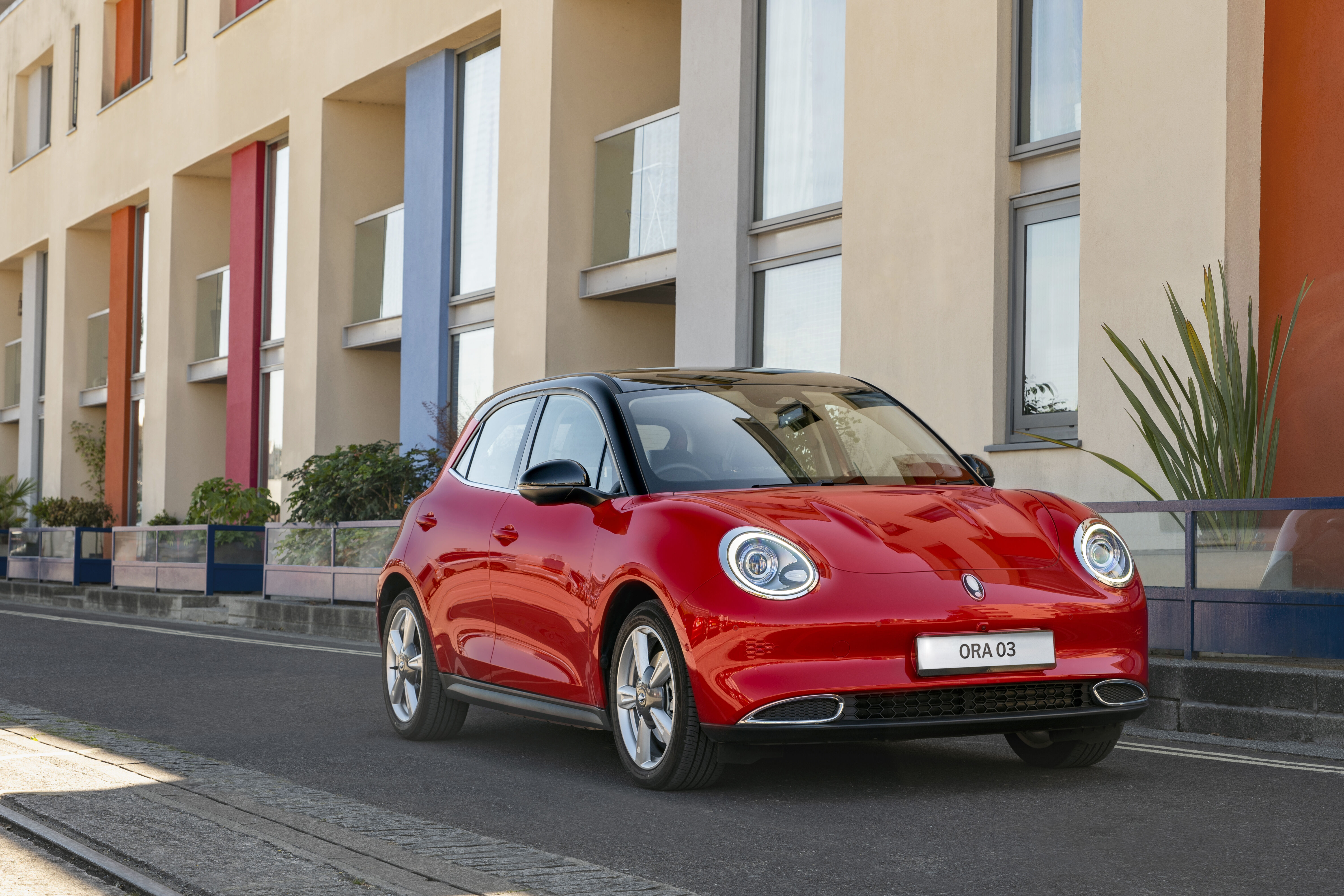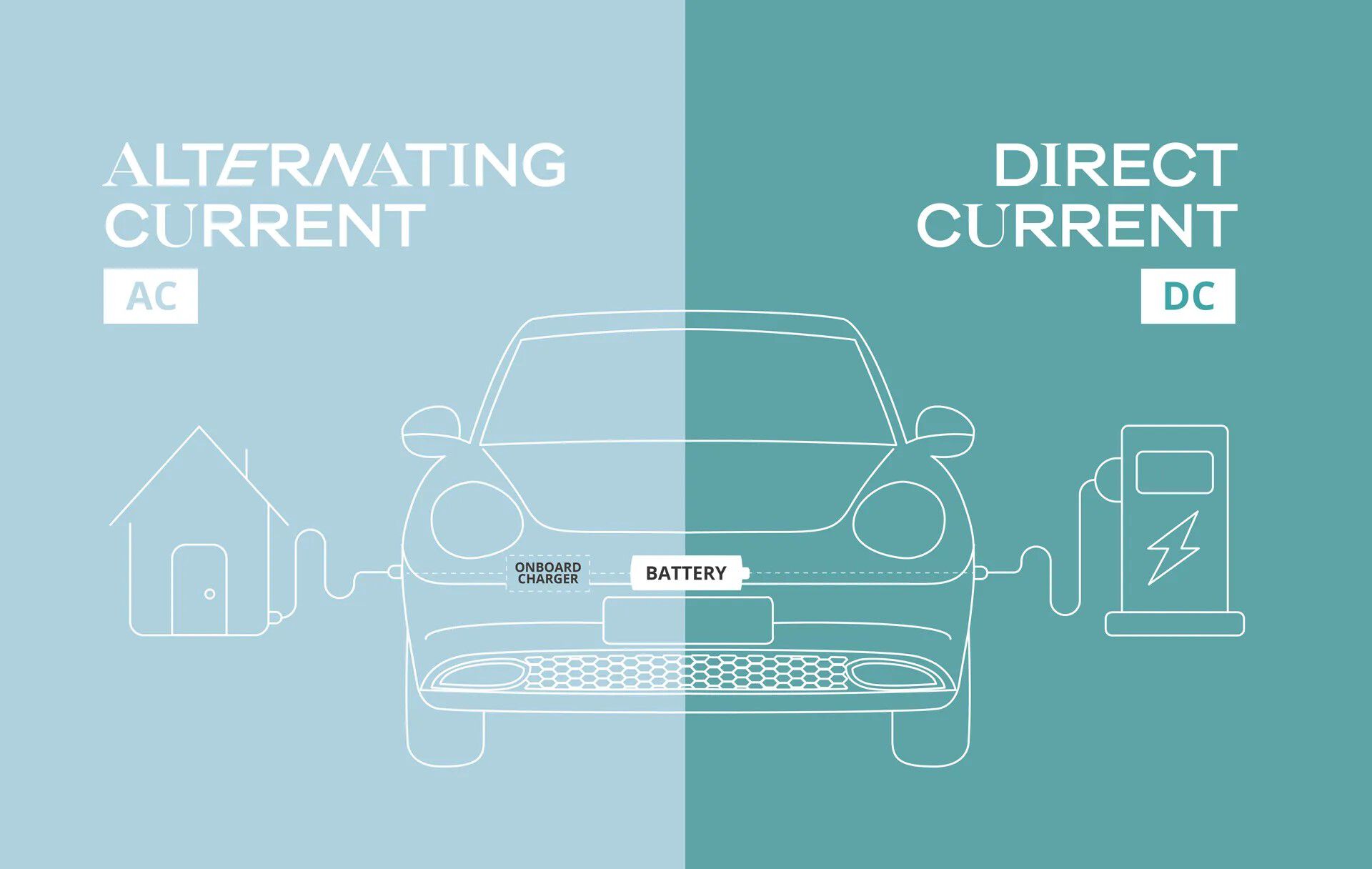
Discover the new GWM ORA Electric Car range and find the best electric car for you! There are plenty of benefits to having an electric vehicle, no more trips to the pumps, zero emissions when driving, reduced maintenance costs, as well as tax breaks and low emission zone benefits.
We know purchasing any type of electric vehicle for the first time can be very daunting. So, to make things easier for you, here’s everything you need to know about GWM ORA Electric cars.

ORA 03
The ORA 03 is a high-performance launch vehicle with top-quality features. Starting at £31,995, it offers facial recognition, voice recognition, 360-degree cameras, adaptive cruise control, a 48kWh battery with a range of 193 miles, and impressive acceleration of 0 - 62MPH in 8.3 seconds.
15 – 80% charge –
5 hours 24 minutes
15 – 80% charge –
3 hours 12 minutes
15 – 80% charge –
42 minutes
Most car manufacturers quote their charge times with the assumption the battery won’t ever get down to zero.
As with all EVs, charging from 80% – 100% also takes the longest. It’s a bit like filling up a jug with water – when it gets to the top, you have to pour the rest in slowly so it doesn’t spill.
It’s also best to keep your battery charge levels between 10%-80% to increase its life and longevity.
ORA 03 will only require the use of two types of cables, type 2 for home and on-street charging and CCS Rapid charging. As mentioned previously, all charging is done through the CCS socket, whether that’s at home or out on the road.
When purchasing a new ORA 03, the vehicle will come equipped with a 3 pin to type 2 connector which allows for ‘trickle charging’ from a domestic outdoor 3 pin socket. Customers can then optionally upgrade to a standard type 2 cable which will cost £210.00 inc VAT.
Power from the grid is always AC. It’s converted into ‘battery power’ using the car’s internal onboard converter – converting the AC power into DC power, which is then fed into the car battery. When you come across ‘AC’ it will always refer to home charging and on-street charging.
With DC power from rapid chargers, the DC converter is inside the charge point itself (rather than inside the car). Because it feeds power directly into the car without it going through the car’s onboard converter, it can charge at a much faster rate.

Electric vs Fuel - Cost Calculator
How much could you save?
During the time of owning your current vehicle, you will pay * in liquid fuel
However if you owned an electric vehicle, you would pay ** in electric costs
Total Saving:
Charge for electricity based on off peak. FOC charges excluded.
*Based on a pump price of £1.45 for petrol & £1.55 for diesel.
**The above is based off a ORA 03 with a 193 mile range & 48kWh battery.